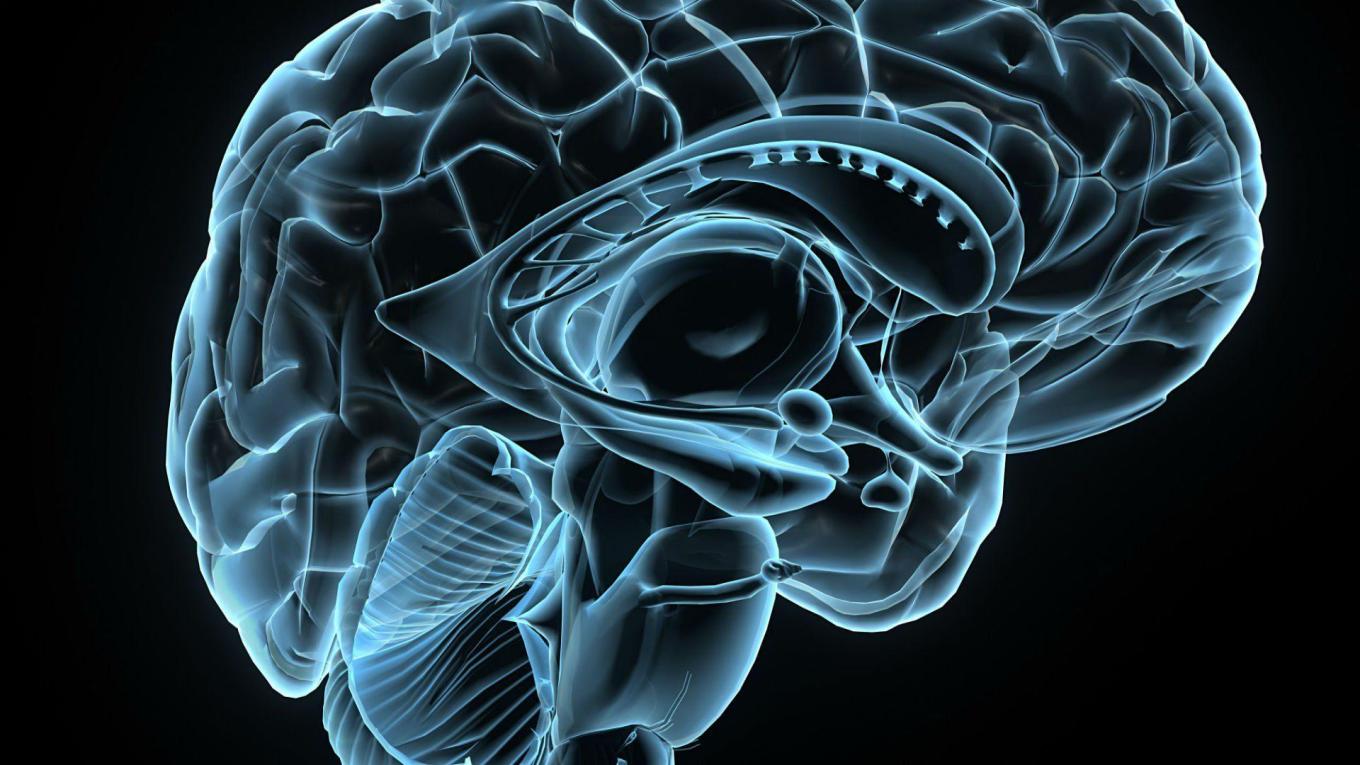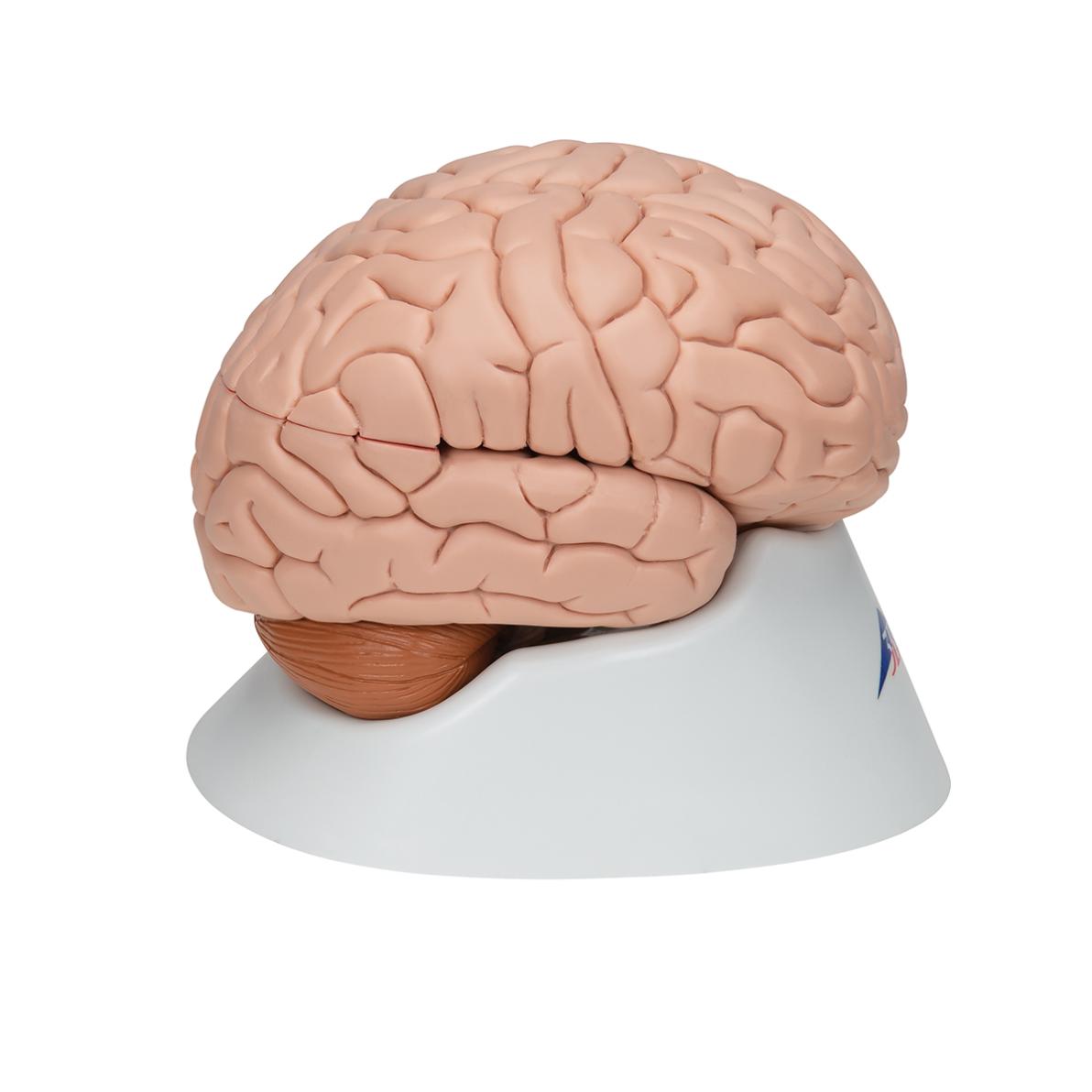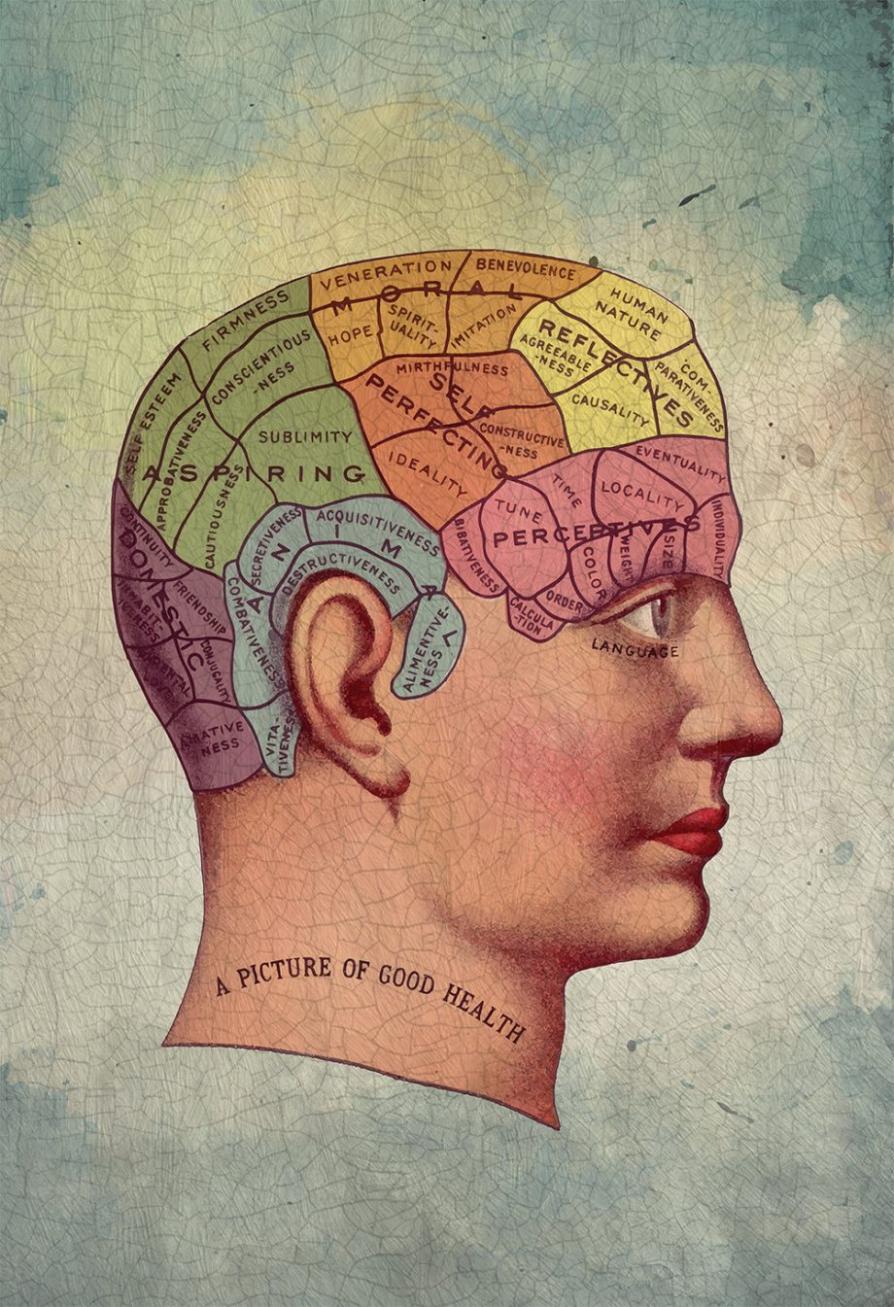The Effects of Sleep Deprivation on Brain Function: How Does Lack of Sleep Impair Cognitive Performance and Mood?
Sleep is a vital aspect of human health and well-being. It plays a crucial role in various physiological and psychological processes, including brain function. When we are sleep-deprived, our brains suffer, leading to a range of cognitive and emotional impairments.

Effects Of Sleep Deprivation On Cognitive Performance
Sleep deprivation has a profound impact on our cognitive abilities, affecting various aspects of mental functioning.
Attention And Focus
- Difficulty concentrating
- Increased distractibility
- Impaired reaction time
Memory And Learning
- Difficulty forming new memories
- Impaired recall of information
- Reduced ability to learn new skills
Problem-Solving And Decision-Making
- Reduced ability to think creatively
- Difficulty making sound judgments
- Increased impulsivity
Executive Function
- Impaired planning and organization
- Difficulty multitasking
- Reduced ability to control impulses
Effects Of Sleep Deprivation On Mood
In addition to cognitive impairments, sleep deprivation also takes a toll on our emotional well-being.
Increased Irritability And Mood Swings
When sleep-deprived, we are more likely to experience irritability, mood swings, and emotional outbursts.
Difficulty Managing Stress

Sleep deprivation makes it harder to cope with stress and increases our vulnerability to stress-related problems.
Increased Risk Of Depression And Anxiety
Chronic sleep deprivation is associated with an increased risk of developing depression and anxiety disorders.
Reduced Motivation And Energy Levels

Sleep deprivation leads to reduced motivation, energy levels, and an overall sense of fatigue.
Increased Feelings Of Loneliness And Isolation
Sleep deprivation can contribute to feelings of loneliness and isolation, as it can impair our ability to connect with others.
Neurobiological Mechanisms Underlying The Effects Of Sleep Deprivation
The negative effects of sleep deprivation on brain function are rooted in complex neurobiological mechanisms.
The Role Of The Brain's Glymphatic System In Waste Clearance
During sleep, the brain's glymphatic system, a waste clearance system, becomes more active. This system helps remove toxic metabolites and waste products that accumulate during waking hours.
The Impact Of Sleep Deprivation On Neurotransmitters
Sleep deprivation disrupts the balance of neurotransmitters in the brain, including serotonin, dopamine, and norepinephrine. These neurotransmitters play crucial roles in mood regulation, cognitive function, and motivation.
The Role Of Sleep In Synaptic Plasticity And Memory Consolidation
Sleep plays a vital role in synaptic plasticity, the process by which synapses strengthen or weaken over time, and memory consolidation, the process by which memories are stabilized and stored in the brain.
Strategies For Managing Sleep Deprivation
If you are experiencing sleep deprivation, there are several strategies you can implement to improve your sleep quality and duration.
Establishing A Regular Sleep Schedule
Going to bed and waking up at the same time each day, even on weekends, helps regulate your body's natural sleep-wake cycle.
Creating A Relaxing Bedtime Routine
Engaging in calming activities before bed, such as reading, taking a warm bath, or listening to soothing music, can help you unwind and prepare for sleep.
Optimizing The Sleep Environment
Ensure your bedroom is dark, quiet, and cool. Avoid using electronic devices in bed, as the blue light emitted from these devices can interfere with sleep.
Avoiding Caffeine And Alcohol Before Bed
Caffeine and alcohol can disrupt sleep patterns and make it harder to fall asleep. Avoid consuming these substances in the hours leading up to bedtime.
Seeking Professional Help For Sleep Disorders
If you have a sleep disorder, such as insomnia or sleep apnea, seeking professional help is essential. Treatment for these disorders can significantly improve sleep quality and overall health.
Sleep deprivation has far-reaching consequences for brain function and overall well-being. It impairs cognitive performance, disrupts mood, and increases the risk of various health problems. Prioritizing sleep and implementing strategies to improve sleep quality are crucial for maintaining optimal brain function and overall health. If you are experiencing sleep deprivation, do not hesitate to seek professional help.
YesNo

Leave a Reply